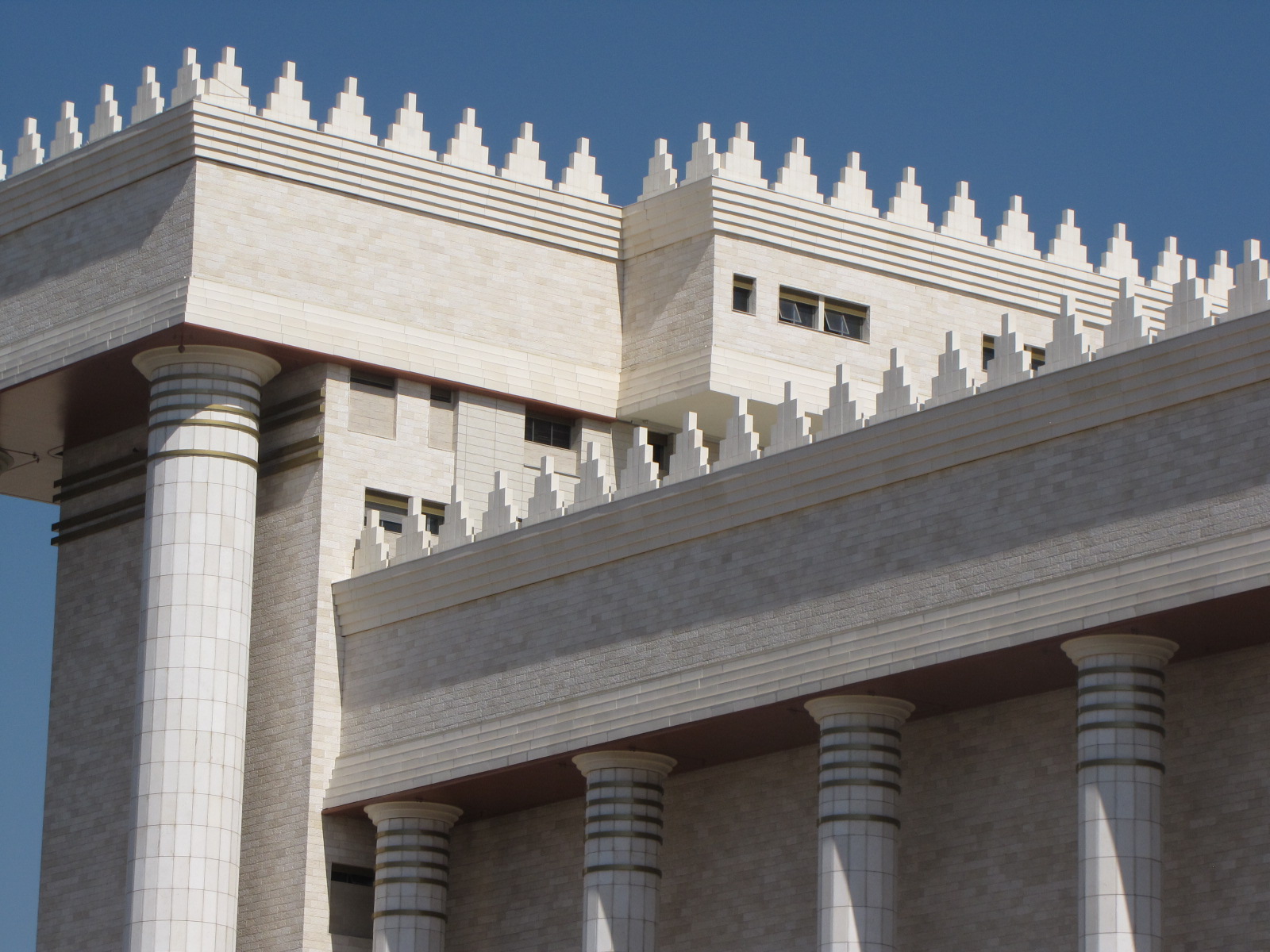In the twentieth century Pentecostalism grew exponentially, inspired by episodes of extreme fervour announcing the presence of the Holy Spirit in regions from California, India, and Australia to Latin America, Africa and Scandinavia and later Russia and China. Pentecostal styles of worship were instantly recognizable for their uniform characteristics, yet they also ‘plugged in’ to the most varied cultural contexts. Proliferating small communities devoted to evangelisation bred grass roots missionaries, driving self-perpetuating growth..
In the last quarter of the century a notable innovation, neo-Pentecostalism, emerged in Latin America, soon to be imitated in Africa. Leaders now undertook their own expansion by establishing centralized global hierarchies and developing distinctive doctrines and preaching styles. Known for their very public insistence on tithing and on the threats posed by diabolic forces against people’s lives, they distanced themselves from the austerity of community-based chapels and told their followers that Jesus could help them achieve material security and a stable family life. Their churches have become multinational organizations, following migrants from their countries of origin to Europe and North America and building impressive media and online presences.
My current project is an inquiry into the management of the original neo-Pentecostal church, the Brazil-based Universal Church of the Kingdom of God. Founded in 1977, it is present in 142 countries, and has a hierarchy of 300 bishops, thousands of pastors and tens of thousands of assistants. At its head sits the founder Edir Macedo, who combines his church leadership with ownership of Brazil’s second largest free-to-air TV network, with business interests in banking, and a discrete but highly influential political involvement. My main question is how has the church developed the ‘motivational machine’ of my project’s title: a corps of pastors and bishops, all men and mostly Brazilians, whose wives usually also work for the church, who rarely have children, and who spend many years away from their home country. They abjure ownership of assets and live on a church subsidy rather than a salary. The pastors in turn manage volunteer uniformed assistants who take care of the congregation and collect tithes during services and help to organize prayer groups, youth groups, women’s groups and more. My second question is what does the church do to enable its ethos and its conception of the supernatural to transcend so many cultural, linguistic and geographical frontiers? Are they beating anthropologists at their own game?
second

The ‘Temple of Solomon’ in São Paulo, built by the Universal Church.

